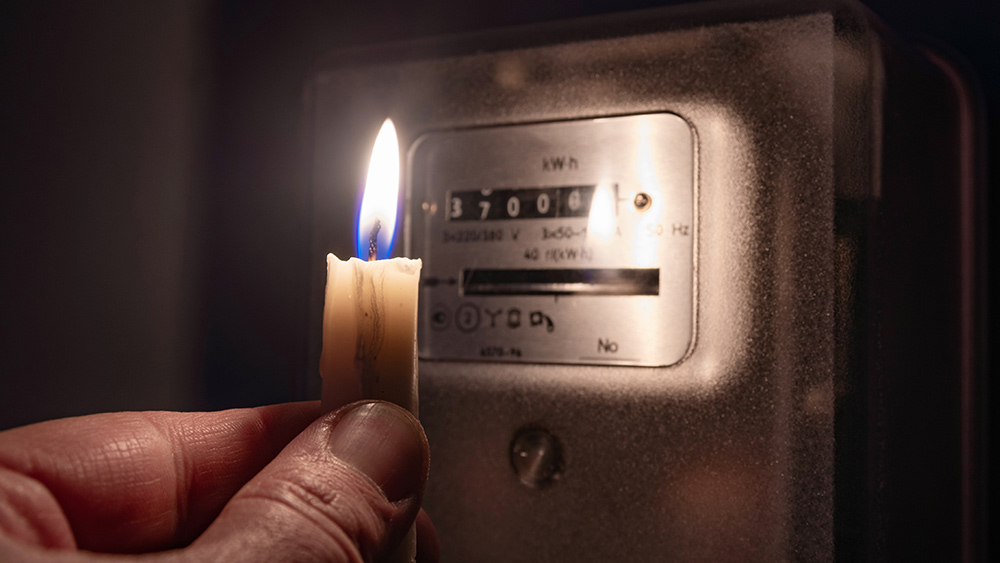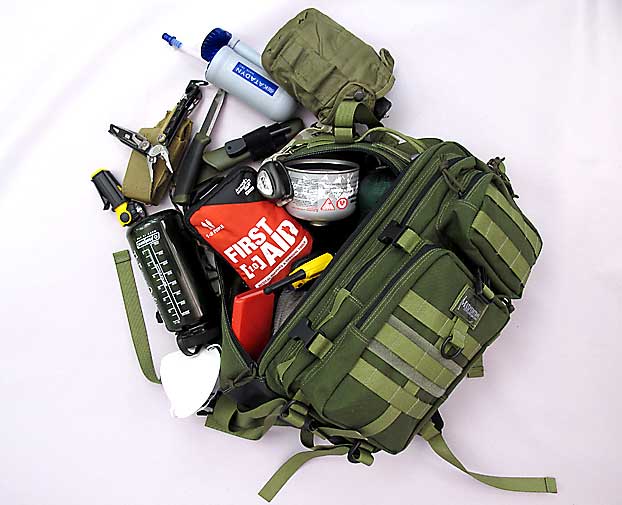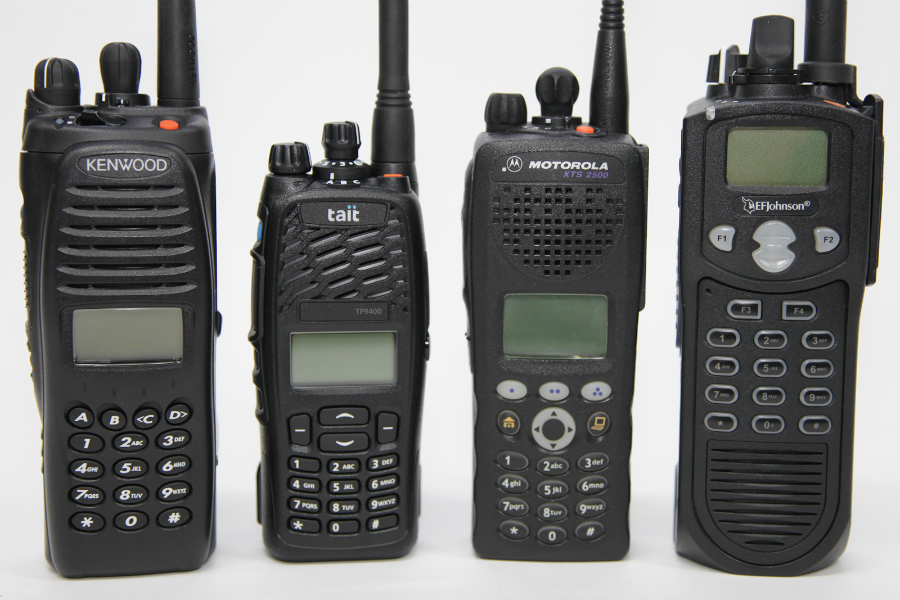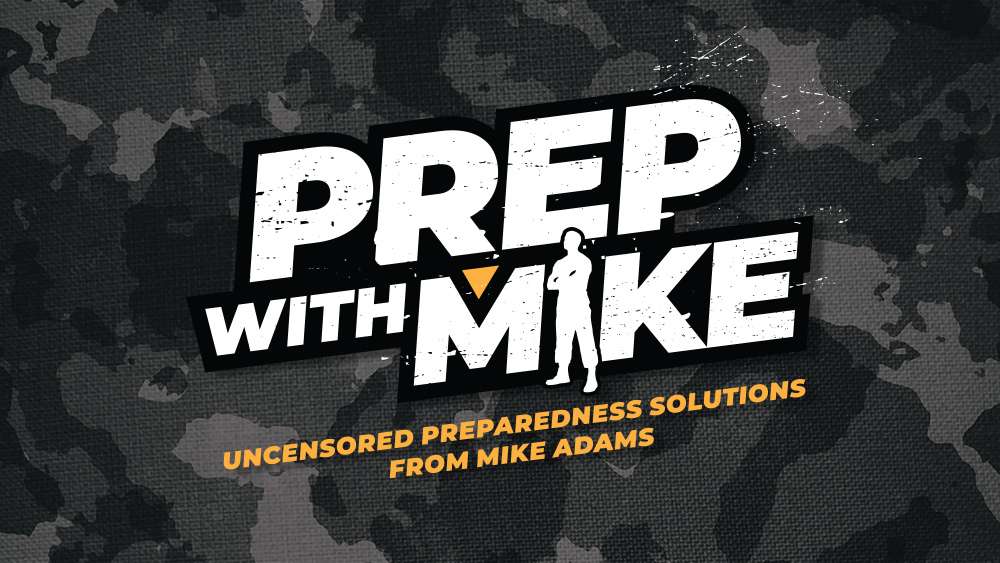Prepping on a budget: How to avoid impulse purchases
10/24/2022 / By Zoey Sky

Allocating funds for your daily needs and your preps can sometimes be difficult, especially if your family spends a lot of money on unnecessary things. Learn some good spending habits like how to avoid impulse purchases.
Buying coffee every morning might seem harmless, but small purchases like this add up to hundreds or even thousands of dollars over time. One effective way to manage the family budget is to make changes and avoid these impulse purchases. (h/t to DystopianSurvival.com)
Plan ahead
Planning ahead can be as simple as making your lunch at home and bringing it to work instead of buying an unhealthy snack at the office vending machine.
If you need a cup of coffee to start your day, you should also consider making some at home and bringing a travel mug of coffee instead of visiting a coffee shop.
According to a GOBankingRates report, the average American spends $1,100 on coffee every year. This may seem surprising, but a plain Starbucks tall coffee costs $1.85. If you make coffee at home, you’ll only spend about $0.16 per cup.
Make a shopping list and stick to it
Many studies have proven that consumers who shop with a list are less likely to make impulse purchases. For this tip to work, you need to bring the list with you to the store and actually stick to it.
When you’re in the store, skip the shopping cart and get a basket instead. Shopping carts were strategically designed to make you buy more. If you have a large shopping cart, you’re less likely to realize how many items you actually end up buying. But with a small handbasket, it’s easier to monitor all your purchases.
The list doesn’t just apply to grocery stores. You can make a list if you’re shopping at department stores so you don’t get tempted to buy items you don’t need.
If you make a list before buying groceries and still can’t figure out why you’re not saving money, keep track of how much you spend every day. Use any type of budget or budgeting app to monitor your daily expenses. This can help you better identify purchases you can cut back on.
Try to track every dollar that you’re spending. Not knowing how much money you earn and spend can cause financial anxiety, but tracking your daily spending can help you figure out how to make smarter money decisions on the go.
Ignore TV, radio or print ads
Most ads often advertise products you don’t really need, but some things may catch your interest because of a catchy jingle or interesting commercials.
If an ad starts playing on TV or radio, hit the mute button or just don’t watch or listen to the ads.
Don’t watch infomercials or home shopping channels
Infomercials may be entertaining, but you should avoid infomercials and home shopping channels if you want to save money. After all, marketing is a multi-billion dollar science designed to get you to spend money, not save it.
Leave junk mail unopened
Don’t waste time opening junk mail. If you’re worried about how much trash your family produces, recycle unread catalogs, fliers and leaflets.
Don’t use shopping as a form of entertainment or relaxation
Don’t go to the mall if you’re bored at home. If you need to buy something, treat going to the mall like any regular task.
Don’t spend too much time window shopping. Get what you need, then go back home.
Avoid social shopping with friends
If you go into a store with a friend, chances are you’ll leave the store with new purchases that you talked each other into buying.
Don’t browse online shopping websites like Amazon and eBay
Online shopping websites make it easier to spend money just by clicking randomly and checking out items in your cart.
If you need to buy something online, shop on these websites the same way you would in a physical store: with a list of things you need. (Related: Budget prepping: Ways to make your food budget last longer.)
Research prices among retailers and review store circulars before buying something online or at a physical store. You can also check product reviews by consumer experts to make sure that you get your money’s worth before making a big purchase like appliances.
Shop with cash whenever possible at brick-and-mortar stores
Spending cash feels more real than using checks or credit cards, so you are more likely to spend less.
Wait before you buy
If there’s something not on your list that you want to buy because you think you may need it later, wait at least 24 hours before buying it. If it’s just an impulse buy, you’ll probably change your mind after waiting.

If you still want the item but are hesitant about buying it because of its price, wait at least 30 days. The 30-day rule can help you avoid impulsive spending and save more money as you learn how to identify your wants versus your needs.
Visit Preparedness.news for more tips on how to save money while prepping.
Watch the video below for tips on how to eat healthy on a budget.
This video is from the Health Tips channel on Brighteon.com.
More related stories:
Budget prepping: Ways to make your food budget last longer.
The Health Ranger talks with Brad Harris about budget-friendly prepping – Brighteon.TV.
Healthy prepping: 10 Affordable and nutritious foods that have a long shelf-life.
Sources include:
Submit a correction >>
Tagged Under:
budget prepping, budgeting, budgeting tips, homesteading, how-to, off grid, preparedness, prepper, prepping, SHTF, survival, Survival Tips
This article may contain statements that reflect the opinion of the author
Get independent news alerts on natural cures, food lab tests, cannabis medicine, science, robotics, drones, privacy and more from NewsTarget.com
Get independent news alerts on natural cures, food lab tests, cannabis medicine, science, robotics, drones, privacy and more from NewsTarget.com
RECENT NEWS & ARTICLES
COPYRIGHT © 2017 · SURVIVAL NEWS





















